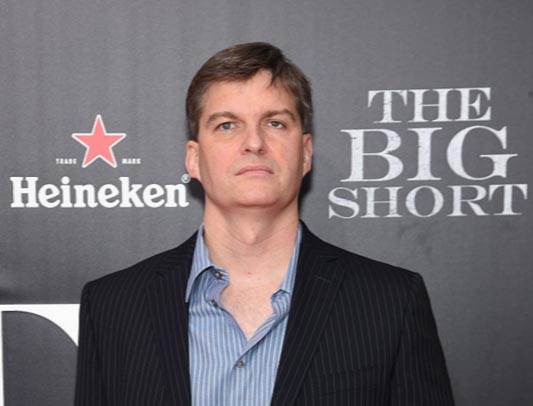Michael Burry, the financier depicted in both the book and film The Big Short, has decided go long in shares of GameStop. “Going long in stock” means to buy stock, commodity, or currency, with the expectation that its value will increase. It’s essentially the motto of “buying low and selling high” in action. Although, in this case, he’s most likely buying low with the hopes that the return on his investment will be high from dividends.
His reasoning is that the company’s “balance sheet is actually in very good shape,” he told Barron’s in an interview. “I believe they will have the cash flow to justify a much higher share price.”
He also pointed out that the next-generation of PlayStation and Xbox will both support physical media and their release date is around the corner. He said that physical discs for games “is going to extend GameStop’s life significantly. The streaming narrative dovetailing with the cycle is creating a perfect storm where things look terrible. [But] it looks worse than it really is.”
On Monday, Burry’s firm, Scion Asset Management, announced they sent a letter to the GameStop board, requesting that the company execute the $237.6 million left from the $300 million share-buyback they planned. This $300 million in shares places Scion in 3 million shares of ownership, roughly about 3% of GameStop.
This all seems risky, but this isn’t the first time Burry has committed finances to a seemingly risky venture. He earned his wealth by taking a gamble on betting against subprime mortgages before the financial crisis. He saw something then, and perhaps he sees something now with GameStop.
With the recent layoffs at GameStop and Game Informer, his investment comes at the absolutely right time. The question is if it will be enough or if Burry instincts about the company are right.




